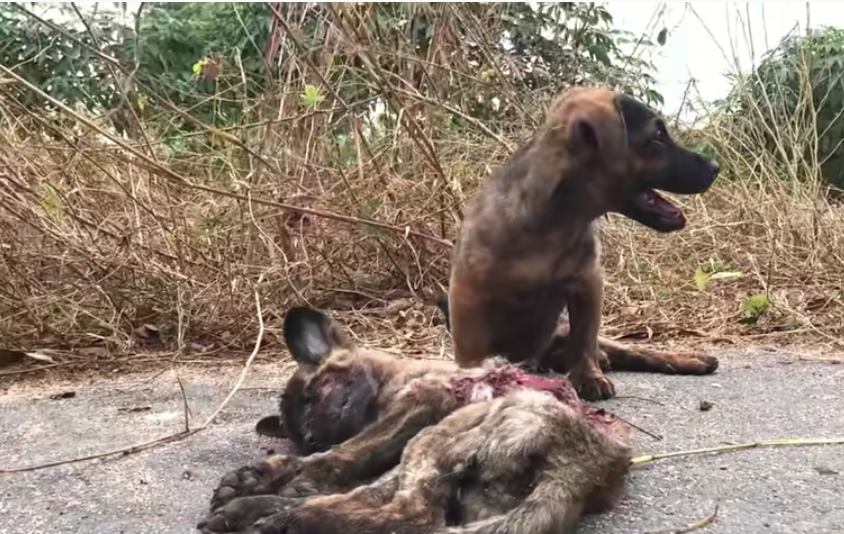It is common to wonder who you call to pick up a dead dog, or what options you have if you find one. The answer depends somewhat on where the dead dog is and whether it is your pet. These factors will also affect whether you will have to pay for the dead dog to be removed. Even if you have to pay for removal services, you should not leave a dead dog, as it will stink and potentially attract other animals and disease.
If the Dead Dog Is on Public Property
In the situation where you find a dead dog on public property, then your local government will most likely be able to take care of it for you. A dead dog is a matter of public safety, since they will attract other animals and insects and they can potentially spread disease. If left alone, they will also create a very foul smell and your local city council or other government body will not want that to happen either.
Your city’s government will have one department that is responsible for collecting dead animals, among other responsibilities. The same division likely collects dead animals that are typically pets, like dogs or cats, and dead wild animals in public areas. It may be animal control, sanitation, environmental control, beautification, or another division.
Because of the risk of smell and the risk to public safety, your city will likely pick up any dead dogs on public property promptly. The extent of the effort they put in to notifying the owner of a pet varies. Some cities will only check for collars and name tags while others will also check for microchips.

If the Dead Dog Is on Private Property
In the case of a dead dog on your private property, then it is significantly less likely that the local government will help you, as they do not generally take care of dead animals on private property except in special circumstances, such as endangered species or suspected rabies. You could call the local animal control or other government agency, but you should know that this may be wasted effort. If it is not wasted, your city may offer it as a paid service. You also may be able to move the dead dog to the curb or a public area and then have it picked up.
Instead, you will most likely have to either remove the dead dog yourself or pay someone to remove it. Some of the companies that specialize in removing dead wildlife will also remove dead dogs or other animals that are commonly pets.
If You Handle It Yourself
If you choose to handle disposing of the dead dog yourself, then always be sure to wear gloves and avoid contact with any bodily fluids and the body itself. Wrap the body up in a heavy-duty trash bag and double or triple bag it.
Depending on where you live, your options for disposing of the dead animal may vary. You may be able to bury it on private property, burn it, or toss is in the garbage. Your local trash services may or may not allow you to throw out dogs with your garbage removal services, and this is more likely to be acceptable in the case of smaller dogs. Before putting the dead dog, or any other dead animal, with the rest of your waste, confirm that it is allowed and ensure you comply with any restrictions, such as labeling or double or triple bagging.

Trying to Notify the Owner
If you find a dead dog on your property and you have reason to believe that it was a pet and not a stray, you technically have no obligation to try to notify the owner, although it would be the right thing to do. If the dog has a tag, then you can use the information on that tag to contact them. You could also ask a local vet if they could spare someone to come check for a microchip, although you may have to pay for that service.
What If It Is Your Dog?
In situations where it is not a random dog that is dead but your pet, then you have a few additional options. Most notably, there are a range of services that specialize in removing dead pets. Some simply take care of disposal for you so you do not have to worry about it. Others will remove your dog and then cremate it for you and give you the ashes.
You could also bury your dead dog, if doing so is legal in your area and you own property or have the property owner’s permission to do so. To prevent scavengers digging up the dead animal, bury it a minimum of two feet deep. Laying stones on top of the burial spot can also reduce the risk of it being dug up.
